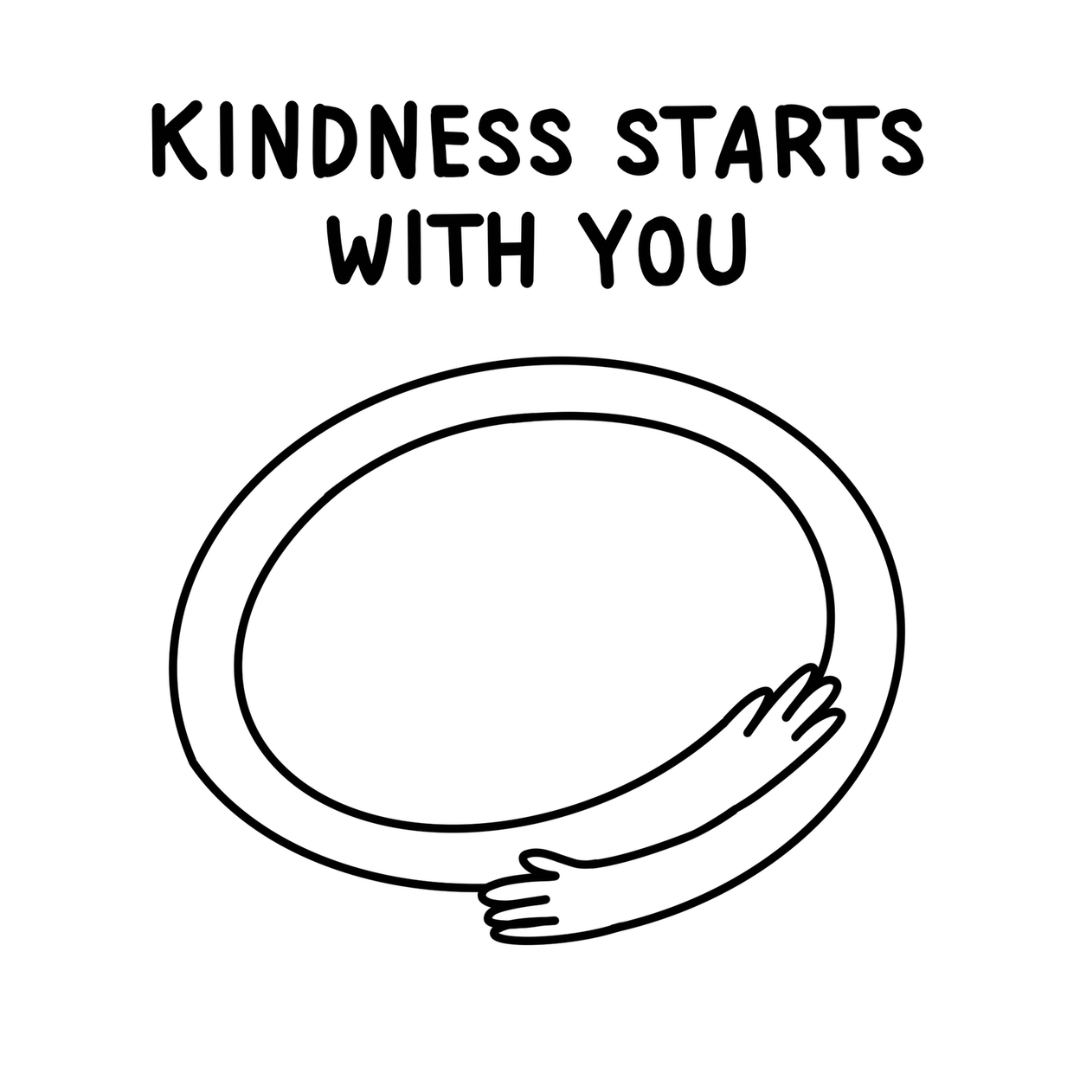Kindful Leadership
“People will forget what you said. People will forget what you did.
But people will never forget how you made them feel”
– Maya Angelou
One of the things I’m most proud of in my career is the culture we’ve built at Think Productive. We have a team of people working across the globe, many of whom have never met face to face, yet our culture feels consistent from the UK, to North America, to the Philippines, to the Netherlands to Australia. We take our values seriously, and one of those is “Trust and Kindness are our Rocket fuel”. We see kindness not as a luxury, but as integral to our success. Choosing kindness means recognising that we all have lives outside of work and limits within it, putting people at the centre of how we organise things and trying to operate from a mindset of abundance, not scarcity.
For the last few years, I’ve been on a mission to articulate the importance of this approach, which I call ‘Kindful Leadership’. I’ve run leadership programmes, given talks and written the book Kind: Why caring leaders triumph in a competitive world. A kinder workplace is also, statistically, a more successful one. Kindness and empathy help to increase trust and help us achieve a sense of ‘psychological safety’ which is the gift that keeps on giving. Amy Edmonson defines ‘psychological safety’ as “a shared belief held by members of a team that the team is safe for interpersonal risk-taking." Psychologically safe teams are more productive, there’s less groupthink, a higher quality of critical thinking, more innovation and even fewer physical accidents, because people put forward their ideas freely, in service of each other and the work, not their own ego and self-preservation.
Kindness is about action, not words or identity. And far from being weak, kindness is actually a show of strength. Often a kind act takes the bravery to be vulnerable or speak a difficult truth, or the curiosity to wonder about the needs of others, or high levels of emotional intelligence, or deft communication skills. Kind isn’t weak, it’s bad-ass.
But how can we lead and create a kind work culture?
Like anything, kindness is a practice. And when we practice kindness, we more regularly notice the opportunities to be kind and inspire others to pass it on. There are 8 Principles of Kindful Leadership, which, when practised, can help build a culture of kindness in your team.
The 8 Principles of Kindful Leadership:
It’s so much easier to be kind to others if you’re kind to yourself.
The Framework of Expectation - 3 V’s:
-What’s the Vision?
-What are your Values?
-How does each person contribute Value?
One of the kindest things we can do for someone is to pay them our fullest attention.
People are humans as well as resources.
We need to honour the need for dignity, care and proper work-life balance.
Humility is a gift to others and helps us get beyond our own ego when we lead.
Great leaders give credit but take responsibility.
To be truly kind, we need to understand people and what makes them tick, and tailor our kind actions to match them.
The biggest source of accidental unkindness is busyness.
Kindful Leaders build kind cultures around them, rather than just rely on their own actions.
They recognise that leadership is what happens when they’re not in the room.
So those are my 8 Principles of Kindful Leadership. Kindness is infectious. When we help it spread, our teams reap the benefits, but also piece by piece, we create a better world too.








